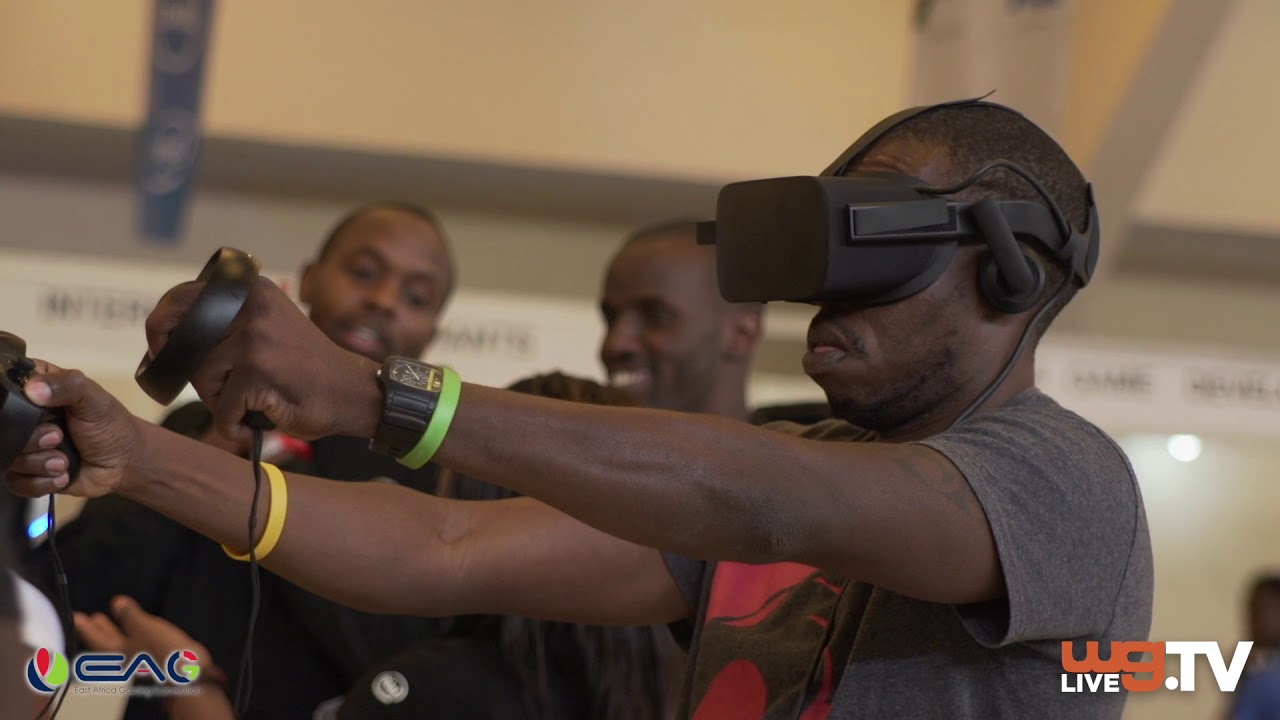Africa has traditionally lagged far behind other continents in gaming due to its poverty and infrastructure issues, such as unreliable telecommunications and electricity supply.
According to a study by Newzoo, the number of gamers in sub-Saharan Africa jumped from 77 million in 2015 to 186 million in 2021, an incredible increase.
As the continent embraces digital currencies, 63 million of those 186 million people are paying to play games. The continent’s improved Internet access and low-cost smartphones have resulted in a 95% mobile market share. Many Africans used to rely on computers in internet cafes to get their fix of virtual reality.
A billion gamers in Africa, along with China and India, will be the industry’s “final untapped consumer audience,” according to Hall. He believes that in the next five years, Africa will have one billion internet users. Hall emphasised the importance of working with local content creators, such as streamers or YouTubers, in order to cash in on Africa’s gaming boom.
South Africa has the highest percentage of game players at 40%, followed by Ghana and Nigeria. And there are many more to come. In this case, it is called “New El Dorado.” During the projection period, the gaming industry is expected to grow at a CAGR of 12% (2021 – 2026). The Pandemic of Covid-19 had a favourable impact on the African Gaming Market. The pandemic resulted in enforced stay-at-home orders, which resulted in customers spending more time and money on various games and gaming consoles, resulting in the rise of the commercial gaming business.
A native of the Central African Republic to tell the stories of African cultures and history, Teddy Kossoko founded Masseka Game Studio, which is based in Europe.
Despite the lack of resources to train African children to become professional gamers, he remains upbeat. “Africa is the new El Dorado,” he said. “This industry and not only this industry,” he added.
“Hundreds of years ago, a gold rush occurred in the United States. We (Africans) must be the first to take advantage of this current gold rush, which I believe is taking place on our continent today. ” As a matter of fact,
Others are creating games for a variety of reasons, not just for fun.
Founded by Jay Shapiro of Usiku Games, a social-impact gaming company based in Kenya, Seedballs aims to repopulate the semi-arid north of the country with new trees.
Kenya’s forest cover is expected to rise from 7% to 10% this year. That’s what Shapiro believes the game is accomplishing. When flying a plane, “instead of dropping bombs and trying to destroy things, you’re dropping seeds and trying to plant trees,” he explained.
After completing the game, players are recognised for the number of virtual trees they planted and given the option to have those trees grown into actual ones.
A donation of one Kenyan shilling (less than 0.008 of a dollar) is requested for each fictitious tree planted. As Shapiro put it, “It’s the only instance we’ve seen of gaming actually being used to plant real trees.”
